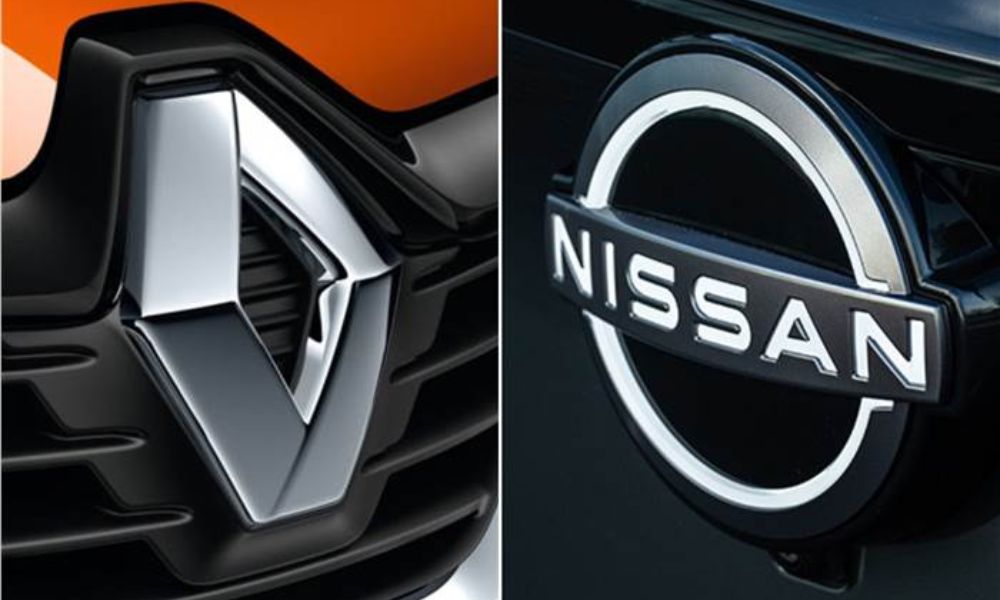The Renault Group is set to assume complete ownership of its Indian manufacturing joint venture (JV) with Nissan. Previously holding a 49 percent stake in Renault Nissan Automotive India Private Ltd (RNAIPL), Renault will now acquire the remaining shares, making it the sole proprietor. Despite this transition, Nissan will continue utilizing the manufacturing infrastructure under the existing JV structure. This shift aligns with broader strategic changes within the Renault-Nissan Alliance.
Nissan’s Perspective
Nissan remains committed to the Indian market, focusing on delivering vehicles tailored to local consumers while maintaining high sales and service standards. Ivan Espinosa, President and CEO of Nissan, reaffirmed India’s role as a hub for research, development, and digital services.
Frank Torres, Nissan India’s President and Divisional Vice President for the AMIEO region, described the decision as part of Nissan’s global turnaround strategy. He emphasized that shifting from a fixed-cost model to a variable-cost structure would enhance efficiency and cost management.
“By transitioning RNAIPL into a supplier for Nissan Motor India Pvt Ltd (NMIPL), we move from a fixed manufacturing cost to a variable model, paying per vehicle produced,” Torres explained.
Renault’s Expansion Strategy
Renault Group CEO Luca de Meo called the acquisition a crucial step in Renault’s international expansion. The transaction, expected to be completed by mid-2025, will transform RNAIPL into a wholly owned Renault subsidiary, granting Renault full control over manufacturing operations.
Operational Implications
Manufacturing Structure Reversal
With Renault now overseeing production, Nissan’s role in manufacturing will shift significantly. Previously, Nissan held the majority stake in RNAIPL, but under the new arrangement, Renault will manufacture all Nissan vehicles under a contract model. Nissan will continue producing vehicles domestically and for export but will no longer have direct influence over production capacity, operational decisions, or workforce management.
Despite this, Torres assured that Nissan has secured sufficient manufacturing capacity for all planned models through 2032. However, any future expansions will require mutual agreement between both companies.
Renault and Nissan will maintain their existing 51:49 shareholding structure in the Renault Nissan Technology & Business Centre India (RNTBCI), ensuring continued collaboration in research and technology.
Future Production at Renault’s Chennai Plant
Four New Models in the Pipeline
The Chennai plant will continue producing all current and upcoming Nissan models, including the Magnite, new B- and C-segment SUVs, and an affordable EV.
Additionally, Renault and Nissan have revised their New Alliance Agreement, reducing the lock-up commitment on cross-shareholdings from 15 percent to 10 percent, offering greater financial flexibility. Nissan will also no longer be obligated to invest in Renault’s EV subsidiary, Ampere.
Conclusion
Renault’s acquisition of RNAIPL represents a major strategic shift in the Renault-Nissan Alliance, reinforcing Renault’s global expansion goals while allowing Nissan to focus on efficiency and variable cost management. The move sets the stage for both brands to strengthen their presence in the Indian automotive market through a redefined partnership.
Read More:

